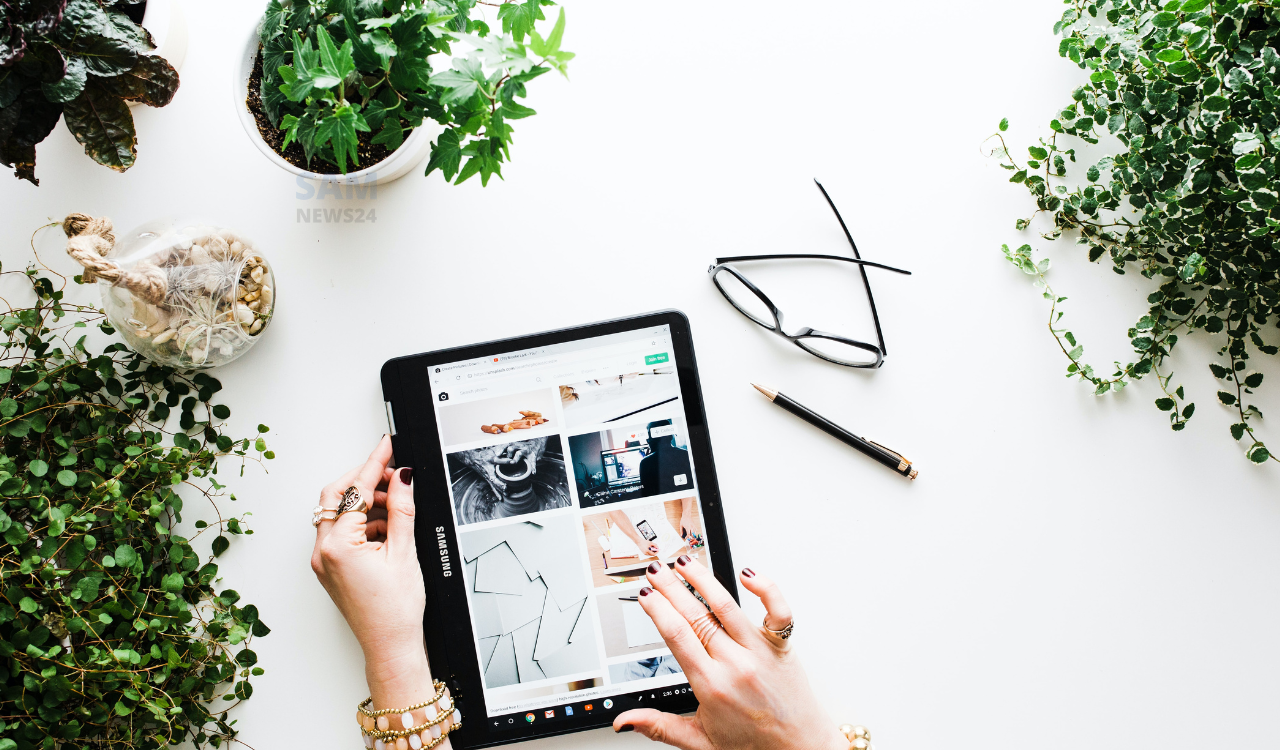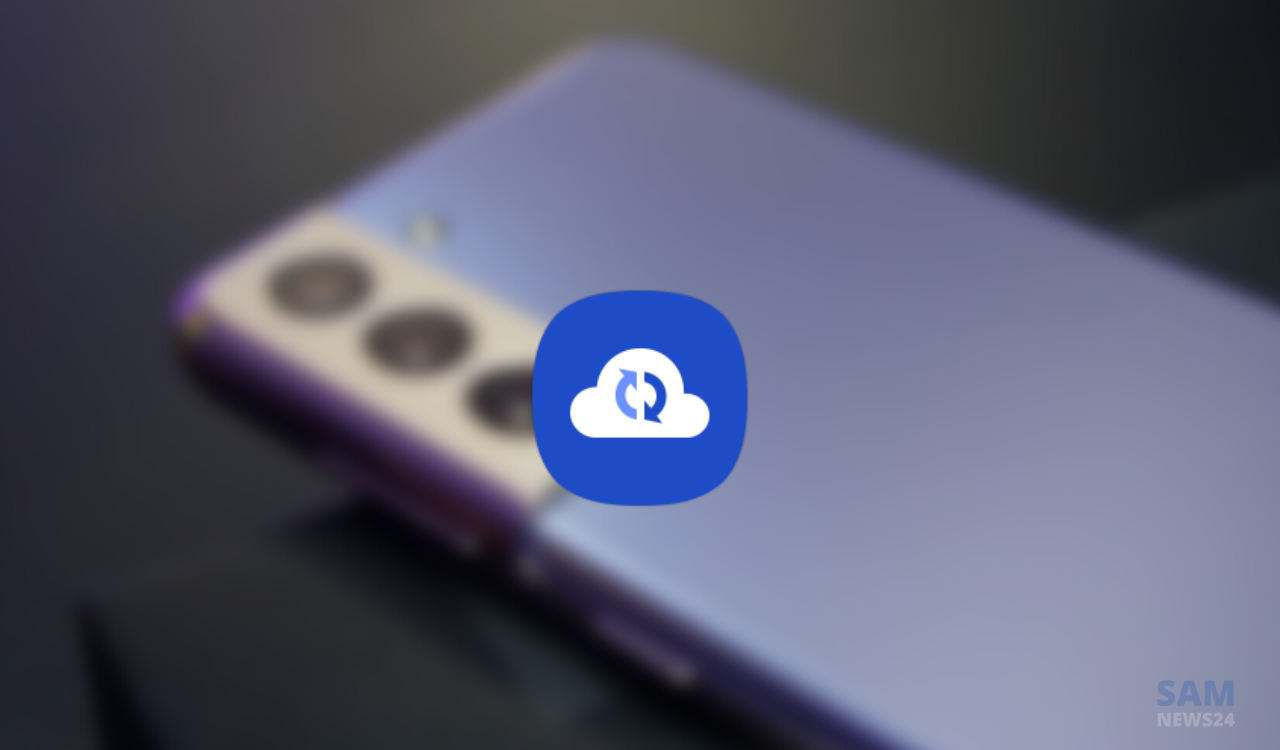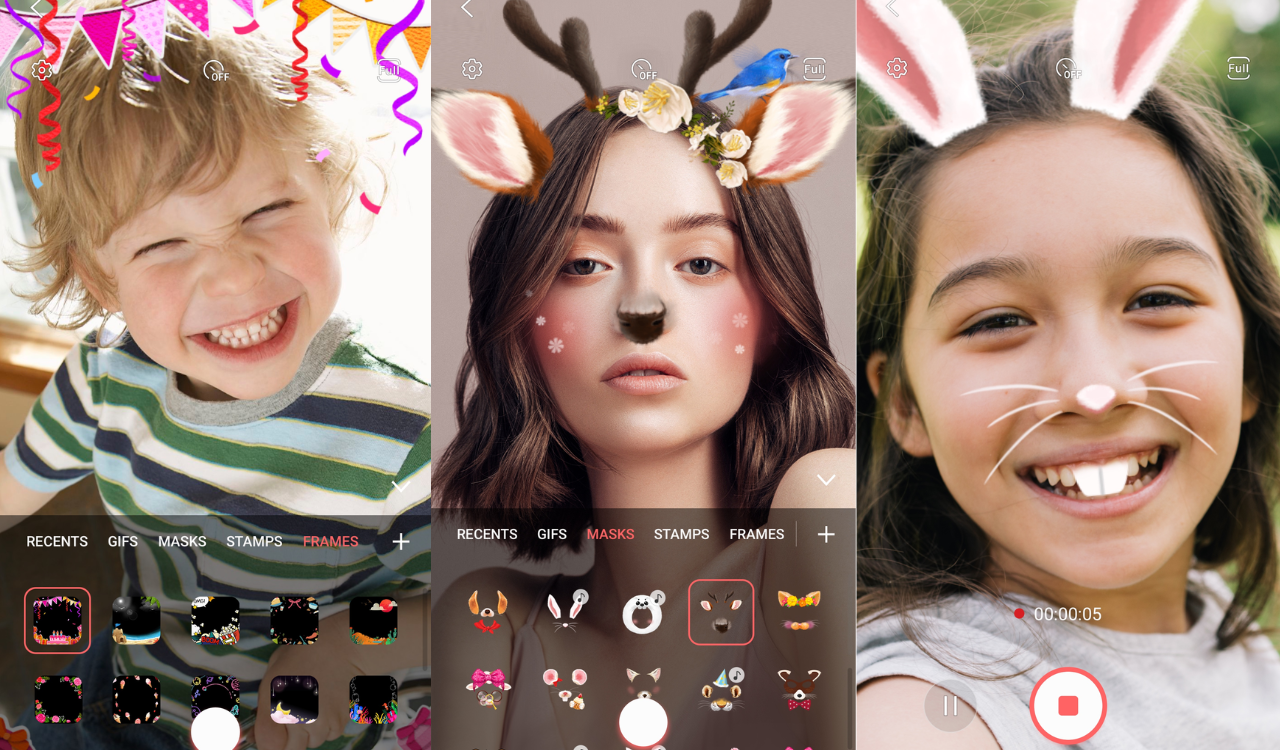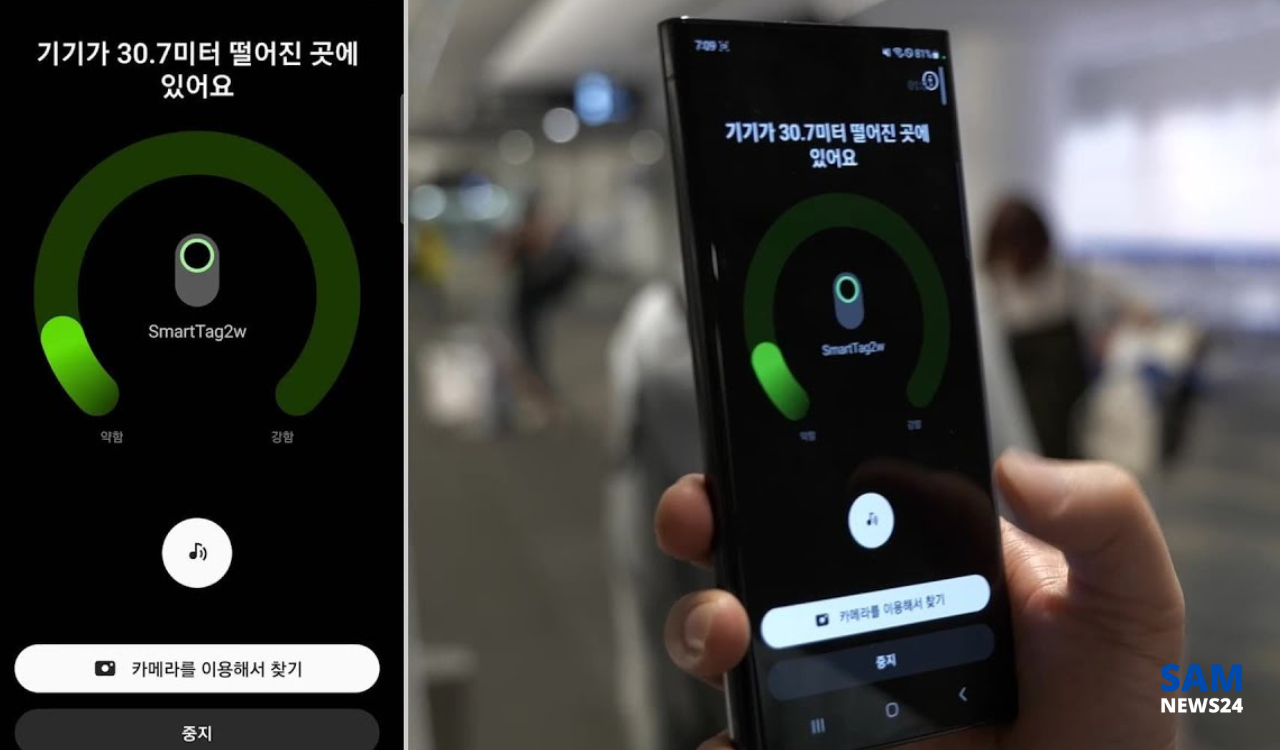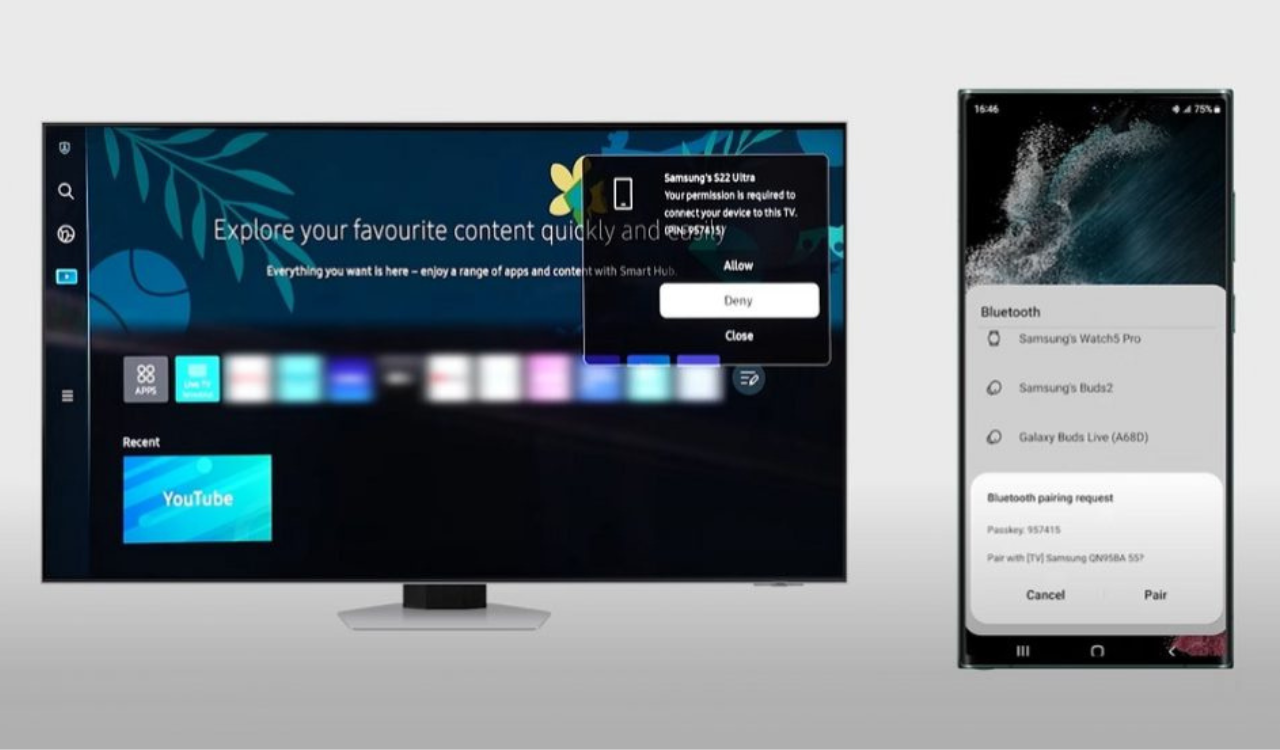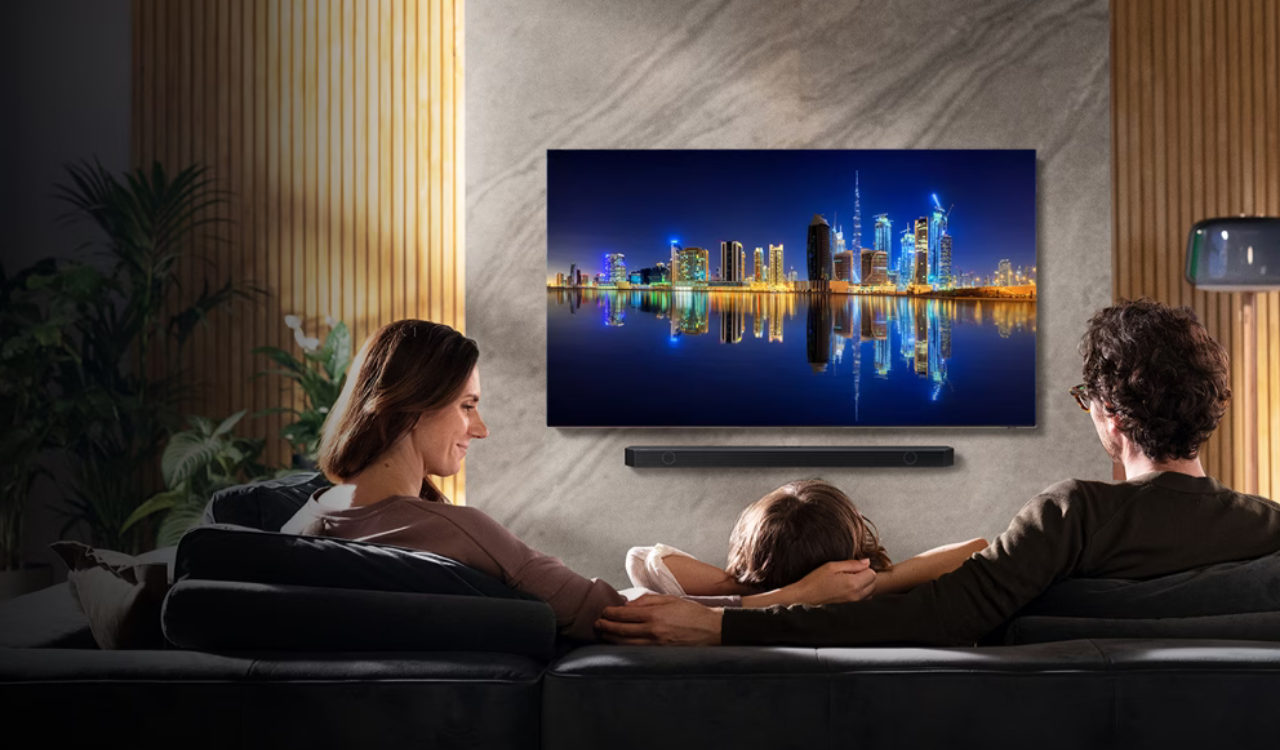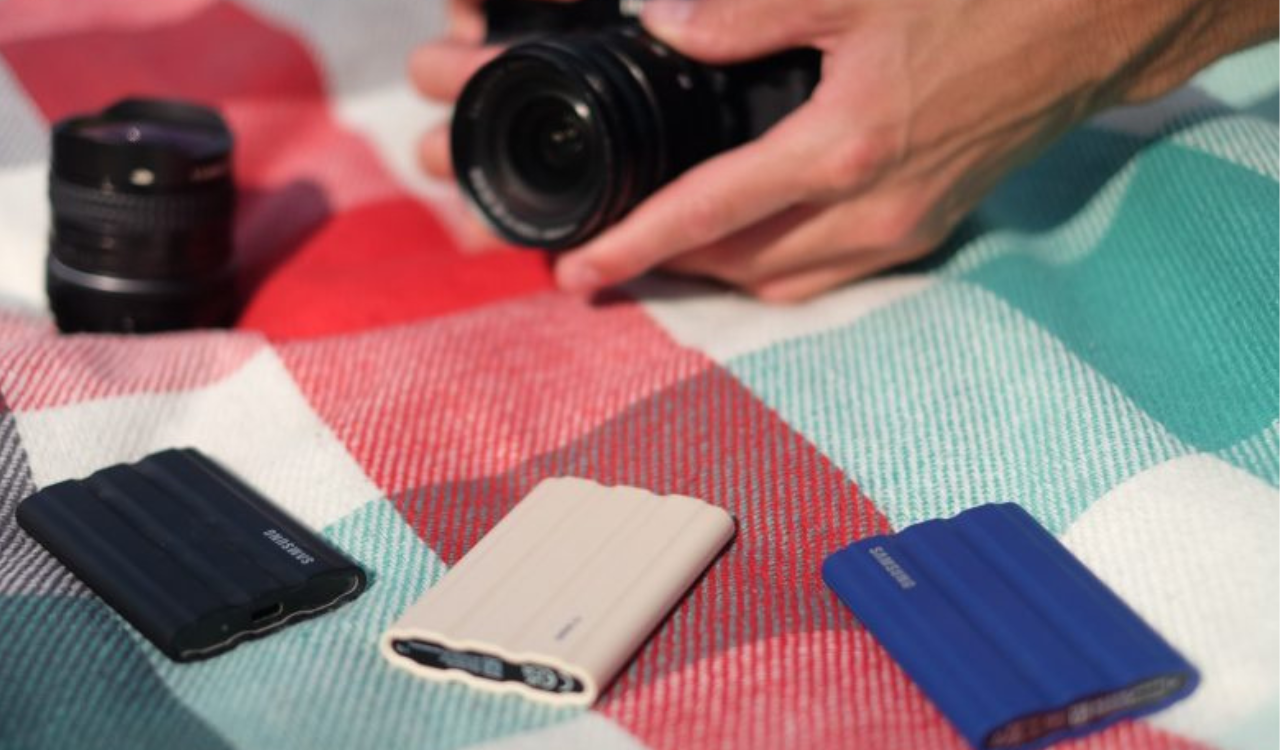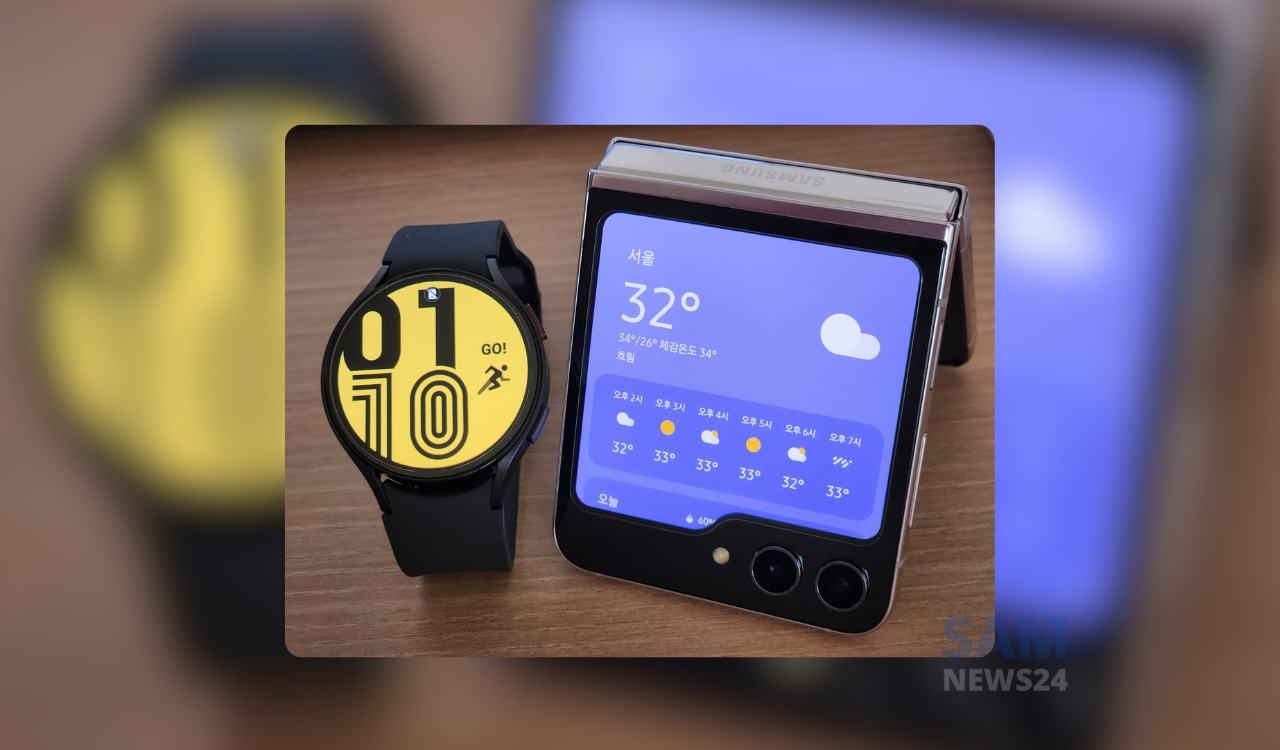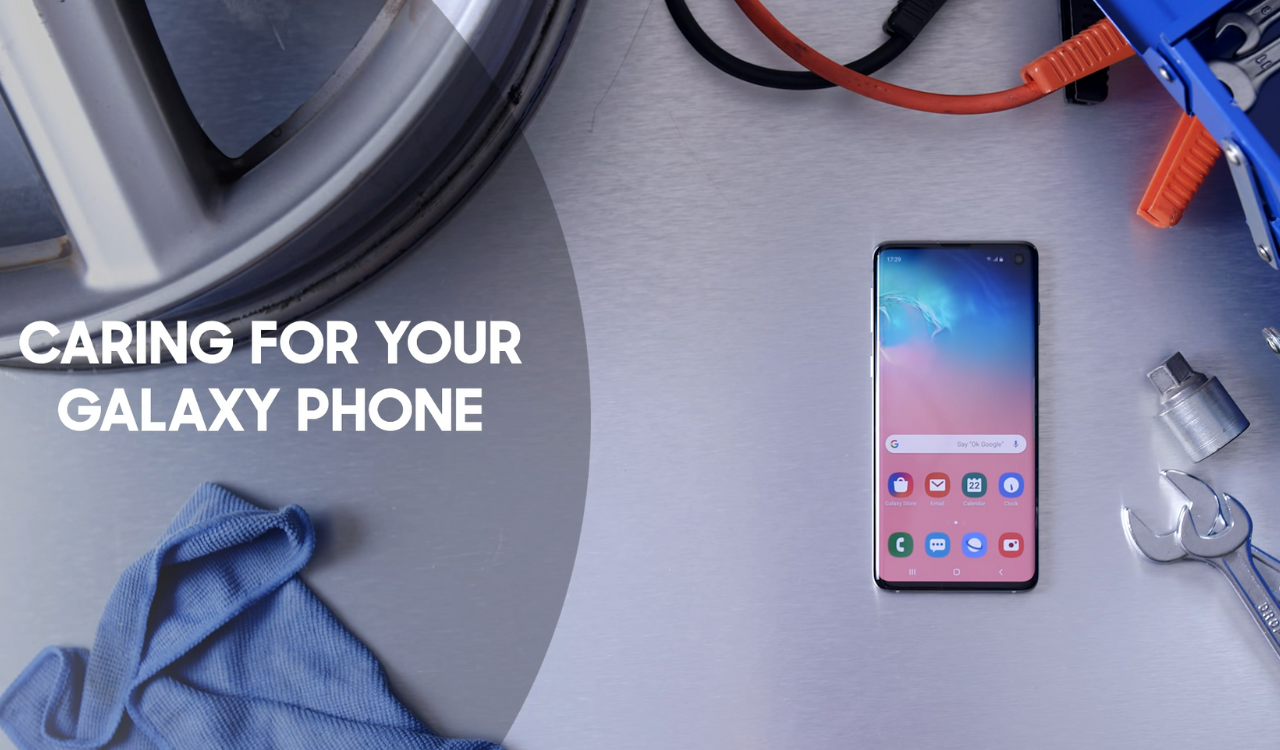At the San Jose McEnery Convention Center, Samsung marked the 10th anniversary of its Samsung Developer Conference (SDC). The event showcased the company’s commitment to democratizing artificial intelligence through its “AI for All” initiative, highlighting advances in multi-device AI technology that promise to deliver more personalized and secure user experiences.
With about 3,000 developers, partners and media in attendance, Jong-Hee (JH) Han, Vice Chairman, CEO and Head of Device eXperience (DX) Division at Samsung Electronics said, “We have continued our journey of innovation with our many developers and partners for the last ten years,” highlighting the importance of open collaboration to strengthen both competitiveness and mutual growth in today’s AI era.
JH shared further detail surrounding the company’s commitment to using AI technology to offer stronger security, advanced personalization, better family care experiences and new opportunities for B2B businesses. “Samsung Electronics will continue advancing AI technology to a level where AI automatically recognizes each user individually — from their voice to their location — to provide a more personalized experience,” he explained. “These efforts will create more convenient and secure multi-device experiences by leveraging Samsung’s AI-based software, platform innovation and security technology.”
Samsung Reiterates AI for All Innovation
At SDC24, the company reiterated its commitment to use AI technology to open possibilities, protect personal information and enhance the daily lives of all who use it. Building on over a decade of investment into advanced intelligence technologies, Samsung shared how its commitment to AI for All is guiding the company’s research and innovation roadmap for developers and customers alike.
Samsung is also committed to developing AI to better our world, as all employees uphold the global AI ethics principles of “Fairness,” “Transparency” and “Accountability” for both developing and using AI.
The AI for All strategy will more closely integrate Galaxy AI on mobile devices to enhance productivity, creativity and communication; Bespoke AI appliances to simplify users’ daily life; AI-powered displays on Samsung smart TVs with Tizen; and cross-platform AI enhancements coming to Bixby, SmartThings and One UI 7.
A Sneak Peek at One UI 7
One UI has always been designed to bring users the most personalized, creative and productive experiences possible on mobile devices. Samsung previewed a sneak peek of One UI 7 at SDC24, highlighting its new UX focused on simple, impactful and emotive design alongside more ways to seamlessly integrate Galaxy AI features into daily activities. One UI 7 beta will be available to developers before the end of this year.
The AI Home Comes to Life
Samsung’s Bespoke AI appliances are bringing better experiences to the entire household, from the kitchen to the living room. With AI Vision Inside1 in the refrigerator with AI Family Hub™ or AI-applied features like AI Floor Detect in the Bespoke Jet Bot Combo™ AI, Samsung’s smart home appliances leverage the best of AI technology to make lives better, simpler and easier than ever.
That capability grows even stronger with the AI-upgraded Bixby.2 Users can control their entire smart home from anywhere within earshot of a Bixby-enabled appliance. Bixby also provides accessibility benefits for users. For increased accessibility at home, it can open appliance doors with a simple call, without wake-up commands3 thanks to the Auto Open Door.
Bixby’s enhanced capabilities extend to Samsung smart TVs, as well. Users can now search for content using only descriptive details and customizing settings with multiple commands, thanks to Bixby. Inspired by a continued commitment to simplifying the lives of everyday users, the mobile remote control feature enables users to control their TV from their phone and Samsung AI Cast can send AI-generated results from mobile devices to the TV. Available from the TV home screen, users can enjoy images and content lists developed with generative AI, including an integration with ChatGPT, now on a bigger display.
Samsung is integrating AI across its visual display applications too, from AI Upscaling and AI Customization on smart TVs to offering a new Daily Board Software Development Kit (SDK) for developers to turn any smart TV screen into a one-stop-shop for daily information like weather, device health and local updates through a new partnership with Nextdoor.
Next-Generation Signage Solutions With VXT
Samsung also showcased the next generation of signage solutions with Visual Experience Transformation (VXT), its software platform and accompanying content management solution (CMS) for content production, operation and management. By using an AI-powered chatbot with the Pre-Integrated Repeatable Solution (PIRS) & Widget aNd Extension (WiNE) Framework, VXT offers efficient, streamlined signage solutions and allows developers to seamlessly integrate solutions and simplify processes on the platform.
Tizen Leverages On-Device AI for World-Class Performance
Samsung’s major OS Tizen is bringing its industry-leading experience to more devices and services, as Samsung has equipped certain AI-enabled home appliances with the AI Home,4 a 7-inch LCD touchscreen display.
Tizen is also getting a boost with Tizen AI services. Powered by the Samsung Neural Processing Unit (NPU) and optimized to suit Samsung products and respond to user needs, Tizen AI services will provide smarter, safer and more personalized experiences, from controlling echo and noise levels while watching TV or making video calls to analyzing users’ writing styles to improve notetaking.
Samsung’s commitment to enhancing experiences with AI is also reflected by stronger interoperability between Tizen and the Galaxy ecosystem. Multi-Control, which enables users to navigate and control both their smartphone and tablet using the same Bluetooth tools including mice and keyboards, will extend to smart monitors and TVs with Tizen.
Samsung has developed Tizen based on RISC-V5 for developers, and a new SDK for Tizen applications designed with RISC-V will be available in 2026.
Tizen also supports the latest version of Flutter, the cross-platform development framework, and will continue providing extension tools for app developers for a greater level of debugging and profiling.
SmartThings Takes New Leap Forward With AI and Expands to Health Experience
Over the past decade, Samsung SmartThings has grown into one of the largest connected platforms with more than 350 million subscribers and over 340 “Works with SmartThings” (WWST) partners.
Samsung is using advanced AI technology to unlock higher-level SmartThings experiences and explore a wider range of partnerships. SmartThings will play a key role as the groundbreaking technology that sets the company’s products and services apart.
One of the major updates coming to SmartThings this month is Home Insight,6 which analyzes user data, usage patterns, device history and home stats collected in real time to offer a better home experience. It also recommends features to optimize the home, such as powering off idle devices while away during a specific time of day or season. Plus, the Galaxy Tab S10 is equipped with the Home Insight Widget, so it can be conveniently used as a home dashboard to monitor and control the house.
Samsung also introduced its plan to have all its products with screens run the SmartThings Hub. This will make Samsung devices better at working together to take care of the home, and even includes connectivity with partner devices. The plan includes adding Edge AI7 technology based on the SmartThings Hub, which embeds AI capabilities in the home’s connected devices, contributing to the vision of a truly AI-enhanced home.
In the spirit of open collaboration and innovation, Samsung shared the details of its latest SmartThings partnerships. This included a new partnership with various smart key developers, including Schlage8 and Aqara,9 which will add the SmartThings Door Lock function to the Digital Home Key inside Samsung Wallet in 2025.
Sustainability was also highlighted, particularly a partnership between SmartThings and Kohler.10 Kohler’s Chief Sustainable Living Officer (U.S.) Laura Kohler joined Jaeyeon Jung, Executive Vice President and Head of SmartThings, onstage to share how the new integration will help users monitor and reduce water usage with smart showerheads and faucets.
Tobin Richardson, Head of the Connectivity Standards Alliance (CSA), virtually announced that Samsung SmartThings was the first service to adopt the Matter11 1.3 standard, playing a crucial role in the continued support and expansion of the Matter ecosystem.
Samsung also introduced a closer integration between SmartThings and Samsung Health. Girish Naganathan, CTO of the continuous glucose monitoring system (CGM) company Dexcom,12 joined Samsung onstage to discuss the companies’ shared vision of more personalized, convenient health management at home, for both users and their loved ones.
Security as the Foundation for the AI Era
Finally, Samsung continued to highlight its commitment to robust security and privacy standards. With Samsung Knox, the company is continuing to invest in strengthening its security governance to ensure that the latest AI experiences never require the sacrificing of personal data. The blockchain-based, multi-device security solution Knox Matrix will expand from mobile devices to TVs and home appliances to further enhance security across multi-device experiences.
Samsung also highlighted the expansion of Passkey, which will come to Tizen beginning with 2025 TV models, the refrigerator with AI Family Hub™ and home appliances with AI Home. Passkey will bring greater convenience and security to users, while also supporting web browser-based logins through mobile QR code scanning.
Each of these features has a major role to play in keeping users more secure, developers supported, and devices offering the latest and greatest AI-powered innovations to make the most of our new AI era.


